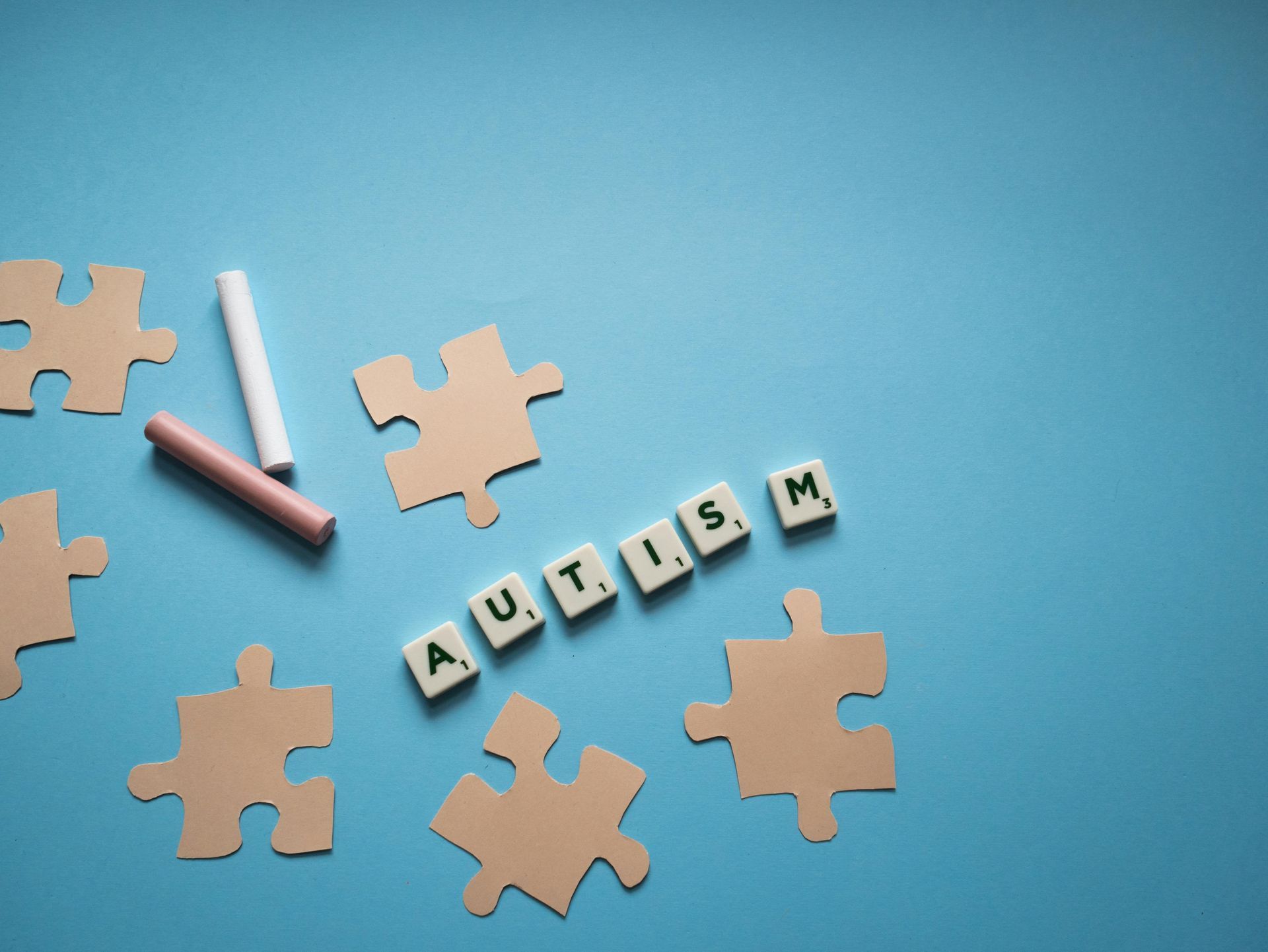Work is a critical part of many of our lives.
It provides us with income, a sense of purpose, and social interaction. However, work can also be a significant source of stress and anxiety.
This blog post will explore the connection between mental health and the workplace. We'll discuss the factors that can contribute to poor mental health at work, as well as strategies to promote good mental wellbeing in your professional environment.
Work and Mental Health: A Double-edged Sword
On the one hand, work can be a positive influence on mental health. It can provide structure, social connection, and a sense of accomplishment. For many people, their work offers a sense of identity and purpose.
However, work can also be a source of stress and negatively impact mental health. Here are some factors that can contribute to poor mental health at work:
- Long hours and heavy workloads: Feeling constantly overloaded with work can lead to exhaustion, anxiety, and difficulty concentrating.
- Lack of control: Having little say in your work schedule, tasks, or decision-making process can be frustrating and demotivating.
- Poor work-life balance: Difficulty separating work from personal life can lead to burnout and decreased well-being.
- Unhealthy workplace culture: A culture of negativity, hostility, or bullying can significantly impact mental health.
- Job insecurity: The fear of losing your job or experiencing layoffs can be a major source of stress and anxiety.
Promoting Mental Wellbeing at Work
The good news is that there are steps you can take to improve your mental health at work. Here are some strategies to consider:
- Set boundaries: Learn to say no to extra work when necessary and establish clear boundaries between work and personal life.
- Practice time management: Develop strategies for prioritizing tasks and managing your workload effectively.
- Communicate with your manager: Let your manager know if you're feeling overwhelmed or stressed. Open communication can help find solutions.
- Take breaks: Don't skip your lunch break and take short breaks throughout the day to de-stress and recharge.
- Create a supportive network: Build positive relationships with colleagues and seek their support when needed.
- Prioritize self-care: Engage in activities that promote relaxation and well-being, such as exercise, spending time in nature, or hobbies you enjoy.
- Seek professional help: If you're struggling with mental health issues, don't hesitate to seek help from a therapist or counselor.
Making a Difference
Creating a workplace that prioritizes mental health benefits everyone. Employees who feel supported and valued are more likely to be productive, engaged, and satisfied with their work.
Looking for additional resources?
Check out these organizations for further information and support:
- The National Alliance on Mental Illness (NAMI): https://www.nami.org/
- The Jed Foundation: https://jedfoundation.org/
- The MentalHealth.gov website: https://www.samhsa.gov/mental-health
Remember, your mental health is just as important as your physical health. Don't be afraid to prioritize your well-being at work.
Additionally, if you live in Maryland and are seeking mental health or developmental disability care services, explore the resources available at www.globalhandsinc.com










